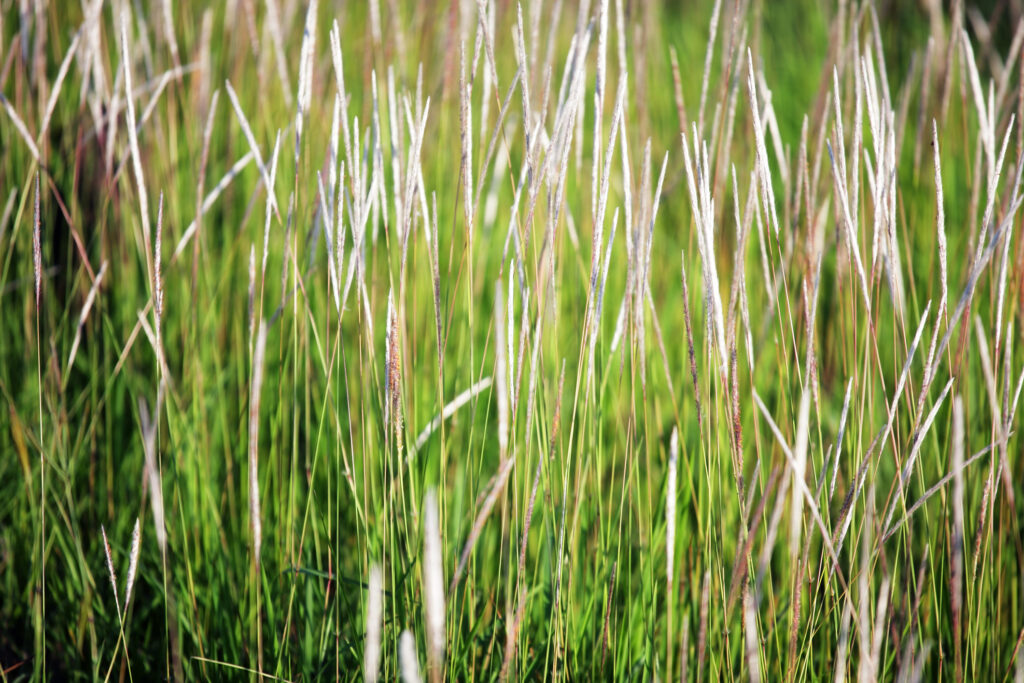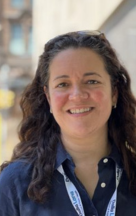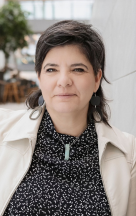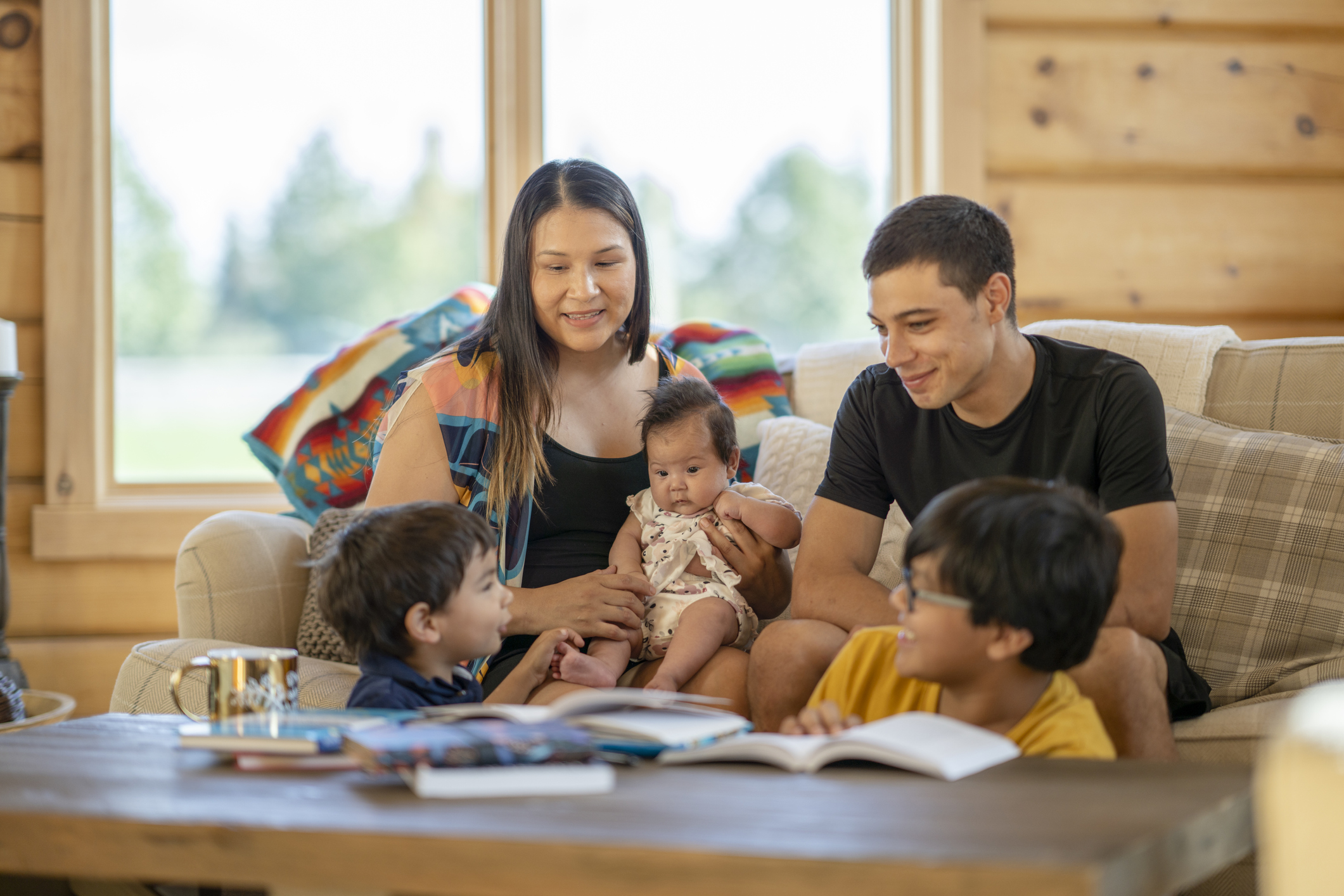Indigenous Health at First Exposure

“The health of the people begins in the ground of the pregnant person’s body and is transgenerational. During this most critical window of preconception and prenatal development – an individual’s first environment, first relationship, first experience and first exposure – the health of the nation is determined.”
-Katsi Cook, 2023
The Grandmothers Leadership Circle
First Exposure formed the Grandmothers Leadership Circle to make Indigenous Health a priority from the start. Join us and check this page often for information on medication, herbs and substances during pregnancy and lactation from First Nations, Metis and Inuit perspectives.
First Exposure supports Indigenous ways of knowing and doing, including research and knowledge sharing. We offer information for community members and health care practitioners looking for knowledge on plants, substances and medications and their safety during pregnancy and lactation. We represent a gathering of Indigenous professionals with lived and work experiences within reproductive health.
The Circle works closely with the Executive of First Exposure to determine research priorities for Indigenous community projects and oversee data governance, cultural safety of First Exposure materials, and privacy of Indigenous health data.
- We are Indigenous people.
- We are grandparents, aunties, uncles and young people.
- We are women, men and two-spirit people.
- We are scientists.
- We are knowledge holders and sharers.
- We are mothers, fathers and caregivers.
- We are birth workers.
- We honour our ancestors.
Indigenous Ways of Knowing and Doing
The Grandmothers Circle is creating safer spaces for Indigenous peoples, our families, and communities within reproductive health. This includes our homes, hospitals, clinics, child-care centres, schools, workplaces, communities, and within all environments where Indigenous people and families live.
We are committed to strengthening Indigenous knowledge systems and relationships to bring knowledge, services and birth closer to home.
We will be using culturally safe knowledge sharing protocols to make sure our stories are shared safely and any research about our People is collected, protected and interpreted according to Indigenous-led research and data governance protocols.

The Grandmothers Circle is co-led by Katsi Cook and Wendy Phillips

Katsi Cook
PhD Honoris Causa, Grandmothers Leadership Circle, First Exposure
Katsi is an Onkwehonwe Elder, Midwife and Environmental Health Scientist.

Wendy Philips
Indigenous Elder, Grandmothers Leadership Circle, First Exposure
Wendy is of the Bald Eagle Clan; She is Pot-ta-wat-to-me and Ojibwa and a proud member of Was-sauk-sing First Nation in the heart of the Muskokas. She is a keeper of the 8th Fire Prophecies, Keeper of the Ancient Thunderbird Calendar, Ceremonial Leader, Spiritual Educator, Cultural Innovator and Traditional Indigenous Healer.

Dr. Billie Jo Hardy
Billie Jo is Director, Waakebiness Institute for Indigenous Health and Assistant Professor, Dalla Lana School of Public Health.

Sara Wolfe
Sara is a Member of Brunswick House First Nation. She is a Registered Midwife, Registered
Nurse, Impact Investment Executive and Executive Advisor at the Rotman School of Management, University of Toronto and Board Chair of Health Nexus.
Indigenous Populations
- There are 1.8M self-identified Indigenous people, representing 5.0% of the total Canadian population. (2021 Census)
- This number increased by 9.4% from 2016 to 2021.
- The First Nations population increased 9.7% overall from 2016 to 2021. However, growth was much slower for Status First Nations (+4.1%) than for those without Registered Indian status (+27.2%). The Métis population rose 6.3% over the five-year period, while the Inuit population grew by 8.5%.
- In 2021, there were 459,215 Indigenous children aged 14 years and younger, representing one-quarter (25.4%) of the total Indigenous population. By comparison, 16.0% of the non-Indigenous population was aged 14 years and younger.
Statistics Canada: https://www.statcan.gc.ca/o1/en/plus/3920-canadas-indigenous-population

First Exposure affirms that prior to colonialism, Indigenous Peoples thrived and were self-determining. As a program providing healthcare providers and community members with culturally safe information, First Exposure appreciates the positive impact of traditional values, beliefs, and practices on Indigenous health and strives to integrate this understanding into contemporary healthcare practices.
Understanding pregnancy, birth and lactation as ceremonial and celebratory events will support not only Indigenous Peoples, but also Canadian healthcare systems, which will benefit from recognizing and appreciating pregnancy and birthing as sacred milestones in the lives of all families.
